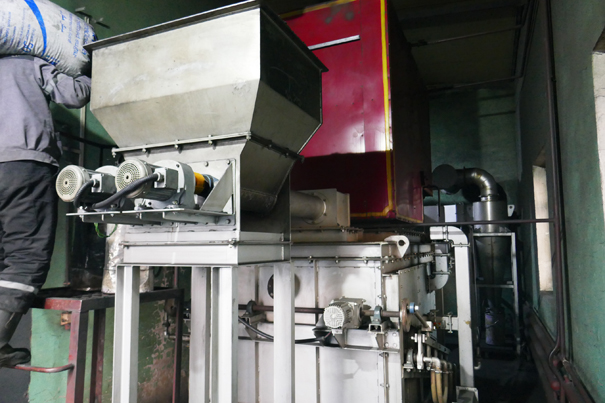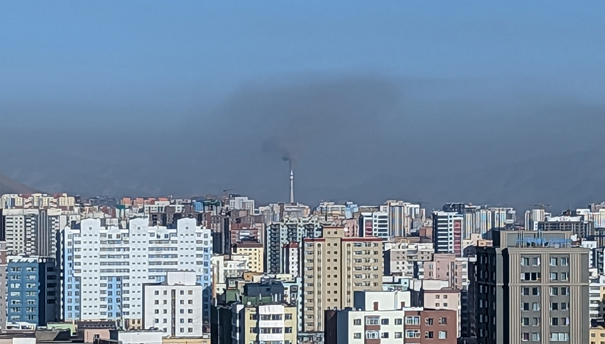
Co-benefits Approach
Promotion of the Co-benefits Approach Coal that is used for heating in Mongolia results in severe air pollution. This is especially the case in Ulaanbaatar, the country’s capital city, where the rate of air pollution has deteriorated sharply since around 2010. The average concentration of PM2.5 in 2016 was 5 times more than the World Health Organization’s (WHO) annual mean concentration guideline, reaching 80 times the guideline in December of the same year. The number of deaths caused by air pollution in Mongolia that year was approximately 3,700. To overcome this situation, OECC has engaged in co-benefit-type environmental cooperation since 2013 to simultaneously reduce air pollutants (SOx, NOx, Dust) and GHGs (CO2 and its equivalents). With a focus on district heating systems, we are working with the governments and companies of Japan and Mongolia to develop projects that convert coal-fired boilers to gas boilers resulting in heat sources that do not emit air pollutants. Demonstration of Co-benefits Effect in Mongolia Mongolia has a high dependence on coal as a heating fuel. Since 2010, air pollution has been a serious problem due to an increase in coal burning in rapidly populated urban areas. Starting in 2013, OECC has been addressing this problem by increasing the efficiency of coal-fired hot water supply boilers (HOB) which is one of the causes of air pollution. In 2016, we achieved a 28% reduction in CO2 emissions, a 76% reduction in NOx pollution, a 28% reduction in SOx pollution, and a 59% reduction in soot and […]


